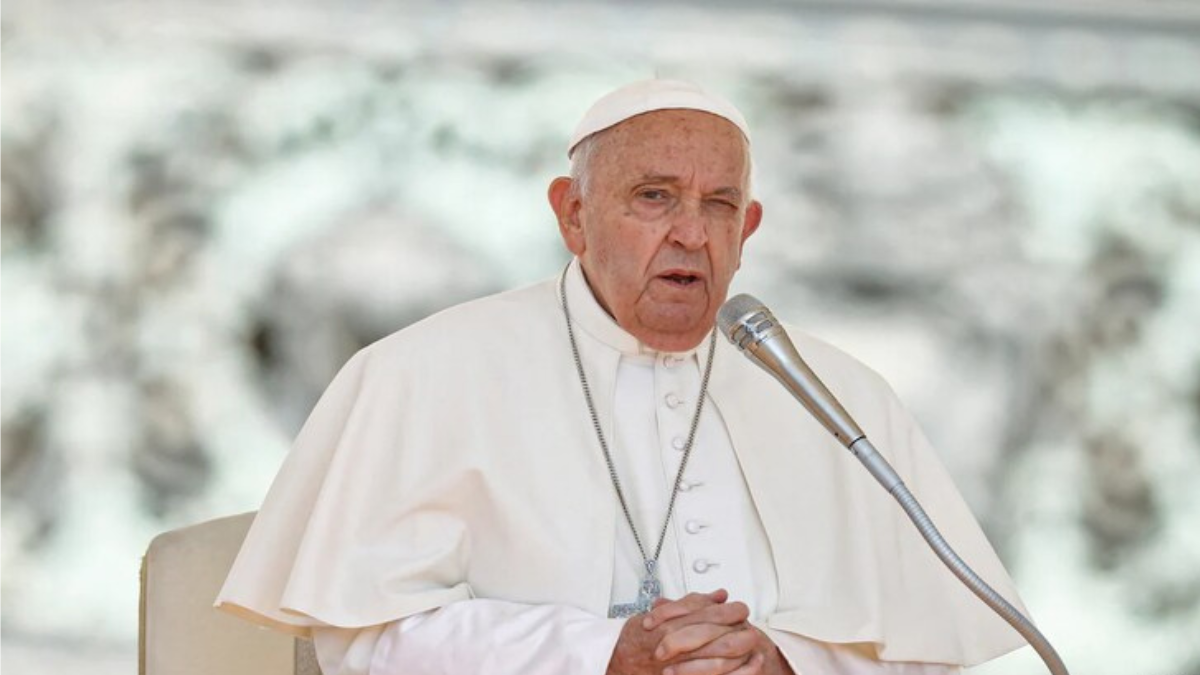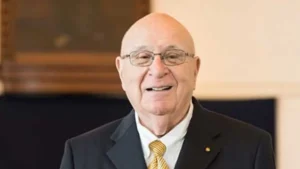In a solemn moment for the Roman Catholic Church and the global community, Pope Francis, the first Latin American and Jesuit pope in history, passed away at the age of 88, the Vatican announced. His death follows a prolonged illness, with reports indicating he had recently battled a serious case of double pneumonia. Pope Francis leaves behind a legacy that was marked by reform, compassion, controversy, and an unwavering commitment to social justice.
Early Life and Historic Election as Pope
Born Jorge Mario Bergoglio on December 17, 1936, in Buenos Aires, Argentina, he was the son of Italian immigrants. Known for his humble lifestyle and deep empathy for the poor, Bergoglio’s ascension to the papacy on March 13, 2013, was a historic moment. At the age of 76, he was elected following the unprecedented resignation of Pope Benedict XVI—a decision that surprised the world and set a modern precedent.
Francis’s election was groundbreaking in many ways:
- He was the first pope from the Americas
- The first Jesuit pope
- And the first non-European pope in over 1,200 years
His appointment symbolized the Church’s attempt to renew itself and respond to growing global diversity.
A Church in Crisis: The Challenge He Inherited
When Pope Francis assumed the papal role, the Catholic Church was under immense scrutiny. The institution faced:
- Deep-seated Vatican bureaucratic dysfunction
- Intense fallout from child sex abuse scandals
- A general decline in faith and trust, particularly in the Western world
Francis was elected with a clear mandate to reform the Church, restore trust, and guide it into a new era. His approach was pastoral rather than dogmatic, often prioritizing mercy over judgment.
Progressive Reformer or Cautious Moderniser?
Throughout his 12-year papacy, Pope Francis remained a complex and polarizing figure. While many saw him as a reformer, critics—both conservative and progressive—often found themselves disappointed.
Progressive Moves and Social Advocacy
Pope Francis became renowned for his progressive views on several major social and theological issues:
- He allowed blessings for same-sex couples on a case-by-case basis— a bold step in a traditionally conservative institution.
- He appointed women to senior Vatican leadership roles, breaking centuries of male-only leadership.
- He advocated for climate action, often calling for urgent steps to combat climate change and protect the environment.
- He was a vocal supporter of migrants and refugees, often challenging global powers to uphold human dignity.
He tirelessly promoted interfaith dialogue, peace, and reconciliation—especially in regions plagued by violence and discrimination.
Facing Conservative Backlash
However, Pope Francis was met with strong resistance from conservative Church factions. They accused him of:
- Undermining long-held doctrinal traditions
- Creating confusion over Church teachings on sexuality and family
- And softening stances on issues like abortion and divorce
Even within the Vatican, dissent and pushback were common during his attempts to reorganize power structures and promote inclusivity.
Papal Legacy: A Global Ambassador for Compassion
Despite internal criticism, Pope Francis achieved global admiration. He traveled extensively, making 47 foreign visits to over 65 countries, often prioritizing nations with conflict, poverty, or religious division.
His accomplishments include:
- Writing four major papal documents (encyclicals)
- Holding five major synods (Vatican summits of bishops) to debate Church teachings and modernization
- Canonizing over 900 saints, including influential figures like Mother Teresa
- Reorganizing the Vatican bureaucracy to become more transparent and accountable
Under his leadership, the papacy became more accessible and empathetic, aligning with modern values while struggling to uphold centuries of tradition.
A Pope of the People: Connecting with the Marginalized
What truly set Pope Francis apart was his ability to connect with the people, especially those on society’s margins. He frequently reached out to:
- The homeless and impoverished
- Victims of war and migration
- People living with disabilities
- Non-Catholic and non-Christian communities
His message consistently emphasized humility, service, mercy, and peace. Whether washing the feet of prisoners on Holy Thursday or visiting war-torn areas, Francis exemplified the Christian principle of servant leadership.



 Veteran Actress Pravina Deshpande Passed...
Veteran Actress Pravina Deshpande Passed...
 Legendary Odia Singer Geeta Patnaik Pass...
Legendary Odia Singer Geeta Patnaik Pass...
 The ‘Grandfather of the Internet’ Is Gon...
The ‘Grandfather of the Internet’ Is Gon...








